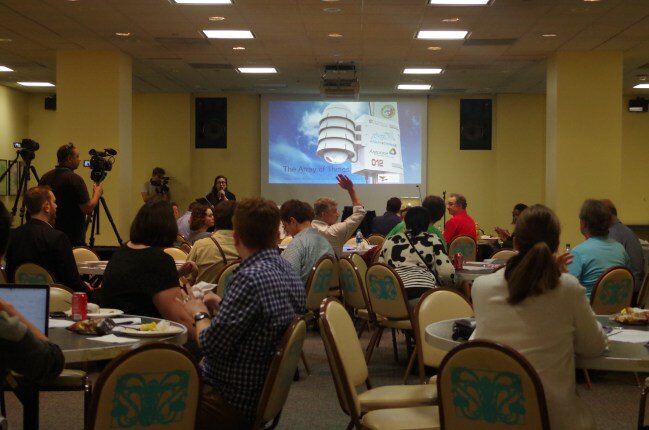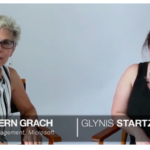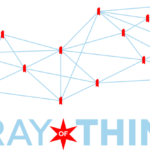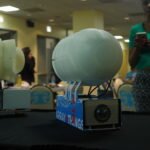On August 15th, Array of Things released the final version of the project’s governance and privacy policies as well as responses to public feedback collected in June through the Array of Things Civic Engagement Project. Alongside this release, Smart Chicago shared The Array of Things Civic Engagement Report.
Here is an excerpt outlining the purpose and content of the Report:
As smart cities embrace and deploy innovative technology embedded in public spaces, residents voices need to be represented. To prevent disconnect between residents and their city’s technology, broad engagement is key — not only to inform residents of innovations, but to take inventory of public concerns and questions associated with them.
The purpose of this report is to describe the civic engagement and resident feedback collection process associated with a new Internet of Things (IoT) initiative in Chicago: The Array of Things. This report outlines the methods, decisions, and philosophies that went into this effort to increase Chicagoans’ engagement and involvement with smart city technology. Since the deployment of Internet of Things is so timely for cities around the world, we’ve shared the lessons we gleaned from our work. We hope this information can be of service to similar projects in other cities.
This civic engagement work was accomplished alongside Array of Things operator UrbanCCD as well as the City of Chicago’s Department of Innovation & Technology. Smart Chicago’s Documenters played a key role in promoting and recording public meetings. Additional partners who participated include the Chicago Public Library (CPL), The OpenGov Foundation and the Harvard Ash Center for Democratic Governance & Innovation. CPL provided welcoming community spaces to host public meetings, the OpenGov Foundation worked with us as we utilized Madison to collect resident feedback, and our graduate fellow from the Harvard Ash Center, Glynis Startz, helped execute and write about this work.
The Internet of Things and the data which will emerge from it have great potential to advance research and community priorities. Involving residents in these projects early and regularly ensures that technology is relevant, not just innovative.
Smart Chicago continues to seek new ways to engage residents with emerging urban technologies. As we do, we are committed to writing about and sharing our successes, challenges, and best practices. If you have questions about this report, please contact us.







